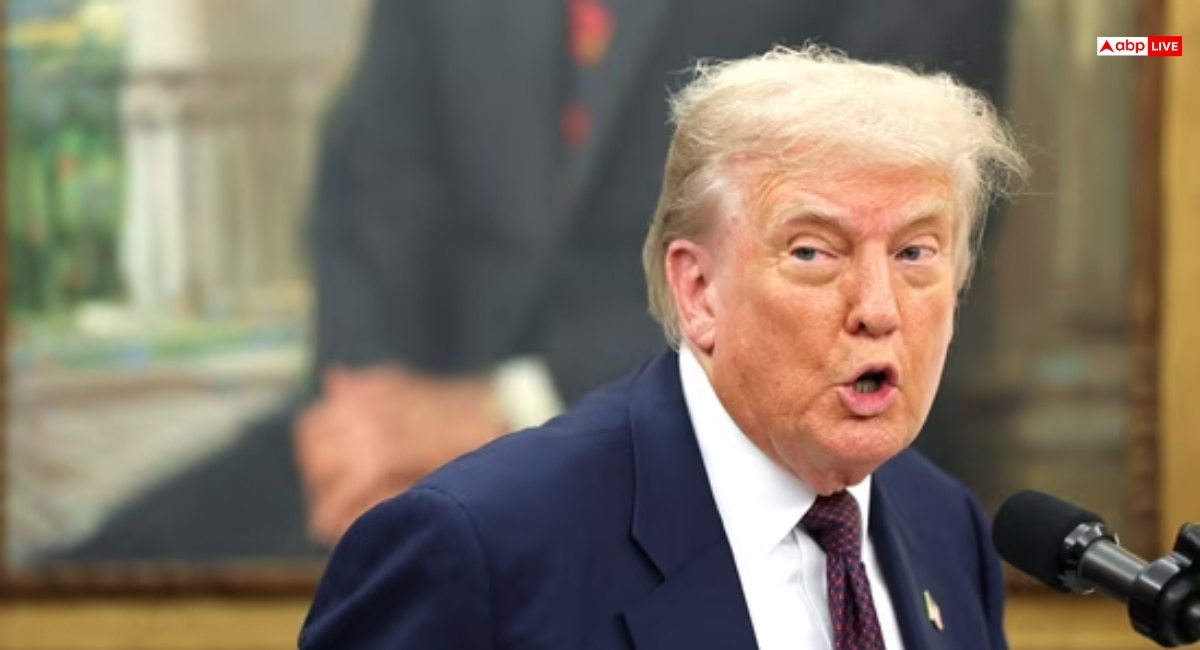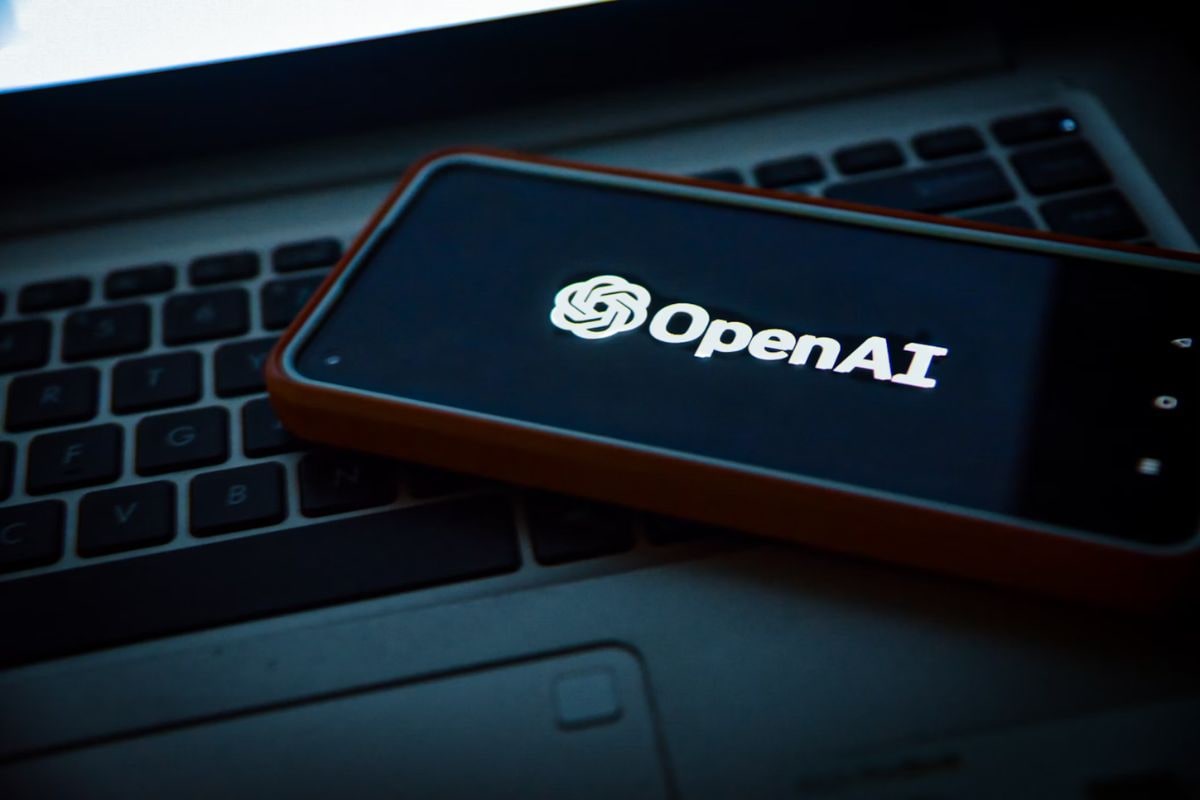<p>President Donald Trump on Thursday called for the immediate resignation of Intel CEO Lip-Bu Tan, citing deep concerns over the executive’s financial ties to Chinese companies. Trump labeled Tan “highly conflicted” and questioned whether he could be trusted to lead the struggling American chipmaker.</p>
<p>In a post on his Truth Social platform, Trump wrote, “The CEO of INTEL is highly CONFLICTED and must resign, immediately. There is no other solution to this problem.”</p>
<p>His statement came just one day after Reuters revealed that Republican Senator Tom Cotton had sent a letter to Intel’s board chair, raising questions about Tan’s links to Chinese firms. The letter also referenced a recent criminal case involving Cadence Design, a company Tan previously led.</p>
<p>According to an exclusive Reuters investigation published in April, Tan had invested more than $200 million in hundreds of Chinese firms operating in the advanced manufacturing and semiconductor sectors. Some of these companies reportedly have connections to the Chinese military.</p>
<h2>Stock Drops and Investor Reactions</h2>
<p>Intel shares fell 3% by Thursday’s market close, reflecting growing investor unease over the controversy.</p>
<p>Trump’s public demand for a corporate CEO’s removal is extremely rare. The move has sparked debate among analysts and investors about whether political figures should influence private sector leadership.</p>
<p>“It would be setting a very unfortunate precedent. You don’t want American presidents dictating who runs companies, but certainly his opinion has merit and weight,” said Phil Blancato, CEO of Ladenburg Thalmann Asset Management.</p>
<p>David Wagner, a portfolio manager at Aptus Capital Advisors, echoed a more pragmatic view. “Many investors likely believe that President Trump has his hand in too many cookie jars. But it’s just another sign that he’s serious about bringing business back to the US,” he said.</p>
<p>Intel responded with a statement expressing its alignment with national priorities. “Intel, the Board of Directors, and Lip-Bu Tan are deeply committed to advancing US national and economic security interests and are making significant investments aligned with the President’s America First agenda.” The company added that it looks forward to continued engagement with the administration.</p>
<h2>Questions Over Tan’s Investments</h2>
<p>Tan, who stepped into the CEO role in March, has not responded to recent media requests for comment. However, scrutiny around his past investments has intensified.</p>
<p>Reuters reports that Tan and his venture firm Walden have invested in a wide range of Chinese companies from 2012 to 2024. Some of these firms operate as suppliers or contractors for China’s People’s Liberation Army. Corporate records show that Walden currently holds joint ownership in 20 funds or companies alongside Chinese government-backed entities, particularly from cities like Hangzhou, Hefei, and Wuxi.</p>
<p>Although a source familiar with the matter claimed that Tan has since divested from these positions, Reuters found that several of the investments were still listed as active in Chinese business databases. The extent of his divestitures remains unclear.</p>
<p>In addition to his current role, Tan previously served as CEO of Cadence Design Systems from 2008 until December 2021. During that period, the company sold software to a Chinese military university reportedly involved in simulating nuclear detonations. Last month, Cadence agreed to plead guilty and pay over $140 million to resolve charges related to those sales.</p>
<p><br />Once the pride of Silicon Valley, Intel has seen its dominance erode. The company has fallen behind in chip manufacturing and has almost no presence in the booming AI chip market, now led by Nvidia. Once a leader in personal computing and data center hardware, Intel continues to lose ground to rivals like AMD.</p>
<p>Despite receiving $8 billion last year from the federal CHIPS Act to build new manufacturing plants across the US, including a major facility in Ohio, Intel’s recovery has been anything but smooth.</p>
<p>After struggling to deliver on bold promises under former CEO Pat Gelsinger, the board brought in Tan to lead a turnaround. Gelsinger had laid out a four-year plan to reclaim Intel’s manufacturing lead but was removed before it could be completed. A Reuters investigation in October revealed that Intel had failed to hit key targets during his tenure, including canceled contracts and missed revenue forecasts.</p>
<p>Tan has taken a different approach, opting to shrink the company’s workforce and pause global manufacturing projects. However, new challenges are emerging. A production process intended to restore Intel’s lead in chipmaking is reportedly facing serious quality issues.</p>
<p>Construction delays have also slowed progress on Intel’s new Ohio factory. The facility is now expected to be completed around 2030 or 2031, far later than originally planned. In response to the delay, Ohio Senator Bernie Moreno posted on X, saying it is “pretty obvious” that Intel failed its commitments and calling for a fraud investigation.</p>
<h2>Mounting Political Pressure</h2>
<p>As national security concerns grow more intertwined with business decisions, the White House weighed in on the situation.</p>
<p>A senior official stated, “President Trump remains fully committed to safeguarding our country’s national and economic security. This includes ensuring iconic American companies in cutting-edge sectors are led by men and women who Americans can trust.”</p>
<p>Still, not everyone believes Tan should step down.</p>
<p>“We don’t believe Lip-Bu is ‘conflicted,’ though given the nature of this administration, the China ties are creating an increasingly bad look,” said Stacy Rasgon, an analyst at Bernstein. “And unfortunately, unlike other tech CEOs, Lip-Bu does not appear to have cultivated the kind of personal relationship with Trump that might help ease the tension.”</p>
<p>Intel now faces a defining moment. With political pressure intensifying, investor confidence shaken, and its future in advanced chips uncertain, the company must decide whether to stand by its embattled CEO or chart a new course amid one of the most high-profile leadership controversies in corporate America.</p>
World
Trump Demands Intel CEO Lip-Bu Tan Step Down Over China Links
by aweeincm

Recent Post

GitHub May Have Accidentally Leaked OpenAI’s Upcoming GPT-5 Models
OpenAI’s upcoming artificial intelligence (AI) model, GPT-5, has reportedly been ... Read more

Uttarakhand Tragedy A Cloudburst Or Glacier Collapse? BJP Leader Weighs In
Relief and rescue efforts continue in Uttarakhand’s Harsil and Dharali ... Read more

“Boy In A Hurry” Vs “Politics of Delay”: DK Shivakumar And Tejasvi Surya Clash
The opening of the new Yellow Line section of the ... Read more

What Are The Common Oversights Students Must Avoid When Moving To UK
Living abroad demands detailed planning, solid research, proactive action, and ... Read more